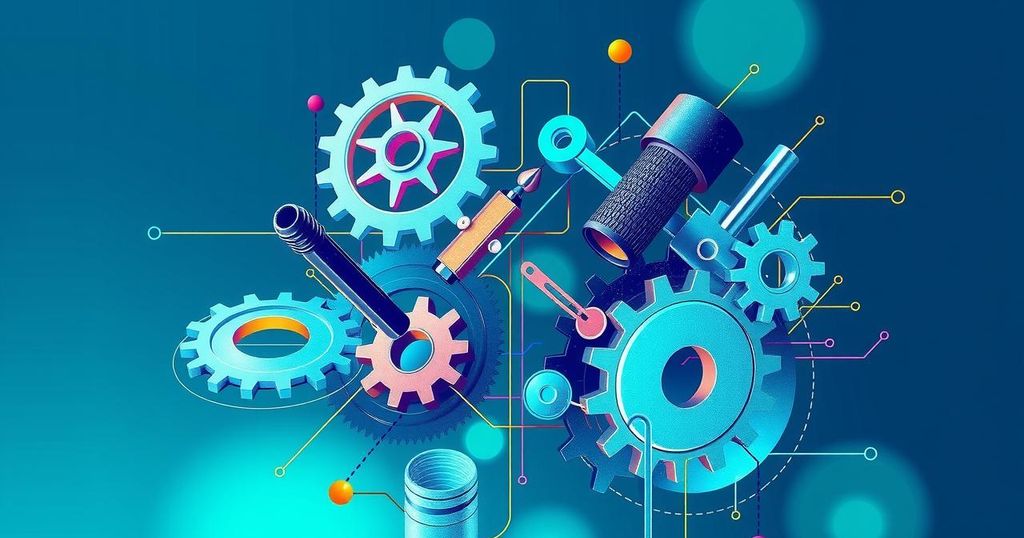Navigating Intellectual Property in the Era of Generative AI
The rise of Generative AI is reshaping intellectual property law, raising critical issues surrounding ownership and liability of AI-generated content. Traditional concepts like human authorship are being challenged, prompting discussions about who claims copyright and how liability for infringement should be assigned in this complex landscape.
In the dynamic world of Generative Artificial Intelligence (AI), traditional intellectual property (IP) laws are undergoing scrutiny. As machines increasingly create and innovate, questions about ownership and liability arise. This article delves into the intricate matters of who owns AI-generated content and who is liable for intellectual property infringement in this evolving landscape.
AI technologies generate a plethora of content, including text, music, and images, like ChatGPT and Udio. This rapid content creation sparks a legal conundrum regarding copyright ownership: is it the creator of the prompt, the AI developer, or the AI itself that should claim authorship? The U.S. Supreme Court determined that copyright protection belongs to those who transform ideas into tangible expressions, effectively excluding AI as a legal author, echoing both U.S. and Nigerian copyright laws which grant ownership to humans or incorporated entities.
Liability issues surrounding IP infringement in the age of AI are complex and multifaceted. Questions arise regarding when infringement occurs, who bears the liability, and how it should be managed. Generally, infringement is identified when IP rights are used without authorization, yet the rise of AI complicates liability determination due to varying stages of involvement in AI content generation, from prompting to output.
Liability could fall on the user providing prompts—especially if the content closely resembles existing protected works. The intent behind the prompt could become crucial when determining infringement, as merely using AI could unintentionally infringe IP rights. In contrast, some advocate for the developers to bear the responsibility due to their role in training AI models using potentially copyrighted material, which raises its own challenges around obtaining licenses and managing operational costs.
A more radical perspective suggests assigning liability to the AI tool itself, demanding a reevaluation of existing IP laws to hold AI as legal entities capable of ownership. However, as these tools are ultimately owned by corporations, this could lead to legal complexities and confusion. Accordingly, developers are urged to embed ethical practices, such as blocking prompts for protected styles and ensuring transparency around training data, to safeguard against infringement.
Policies and revised laws are critical for clarifying the complex landscape of AI-generated content and IP rights. Proposed frameworks could include ethical compliance standards, user intent considerations, and periodic audits of AI systems. These measures can help ensure a clear understanding of liability within the chain of AI development, potentially alleviating infringement concerns.
As the interface between AI technology and intellectual property evolves, proactive measures from policymakers, such as national IP offices and relevant legislators, are essential. They must navigate the balance between protecting creators’ rights and promoting an innovative environment conducive to AI development—all while addressing the legal challenges that emerge from this fast-paced transformation.
In conclusion, the intersection of intellectual property rights and Generative AI presents unprecedented challenges and opportunities for evolution within traditional legal frameworks. Ownership and liability remain hotly contested areas that necessitate thoughtful policy development and legislative action. Policymakers are called to engage deeply with these emerging issues to foster innovation while protecting intellectual property rights, ensuring a future where AI collaboration thrives within a stable legal environment.
Original Source: businessday.ng




Post Comment